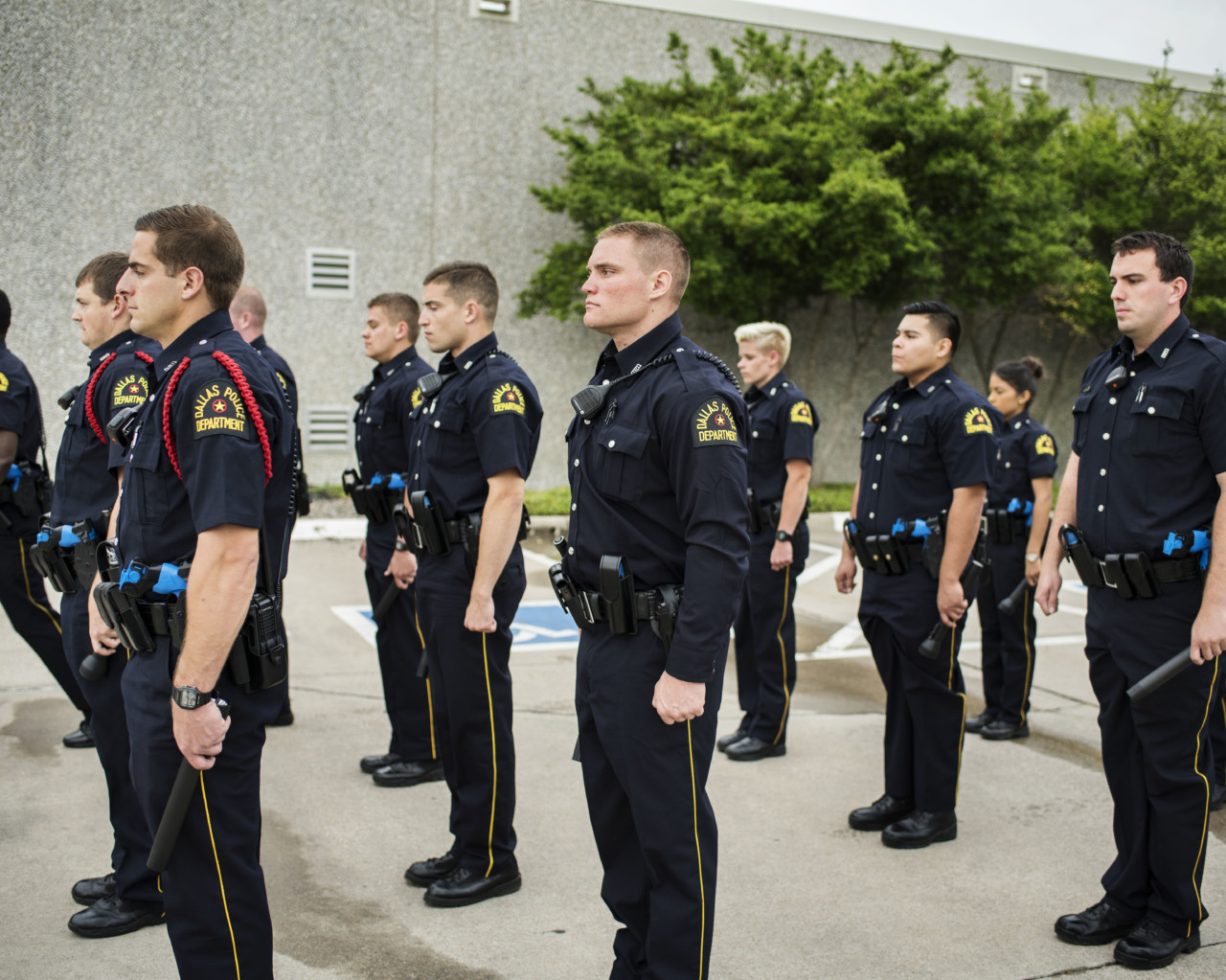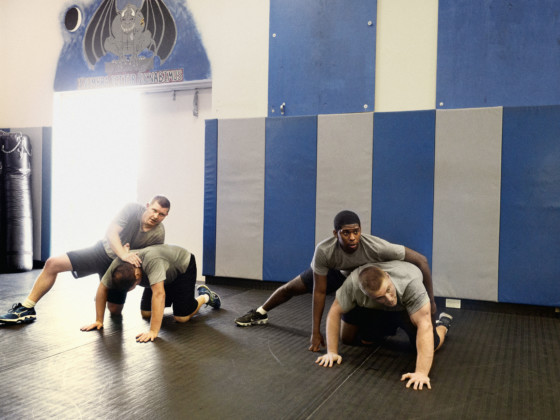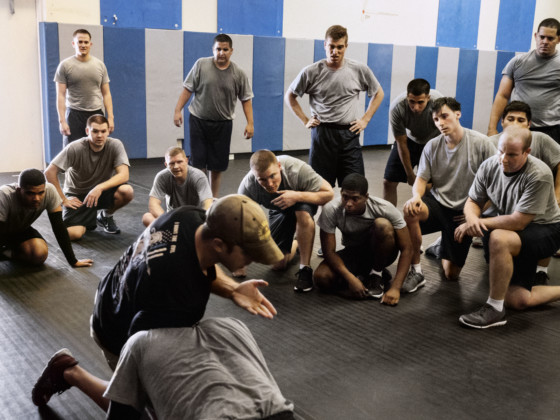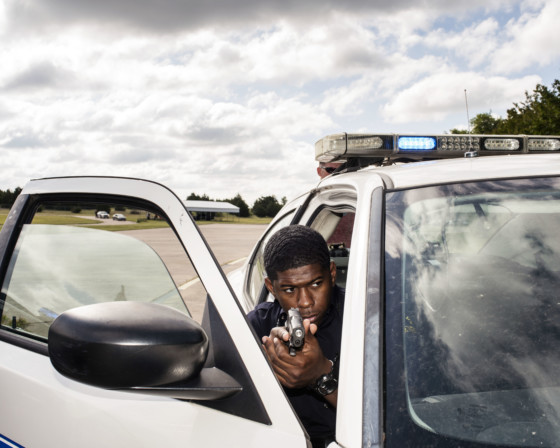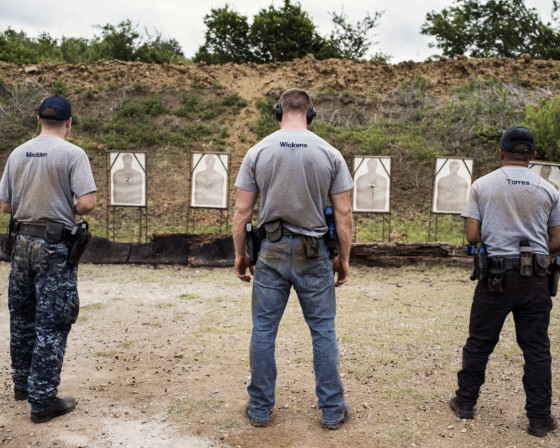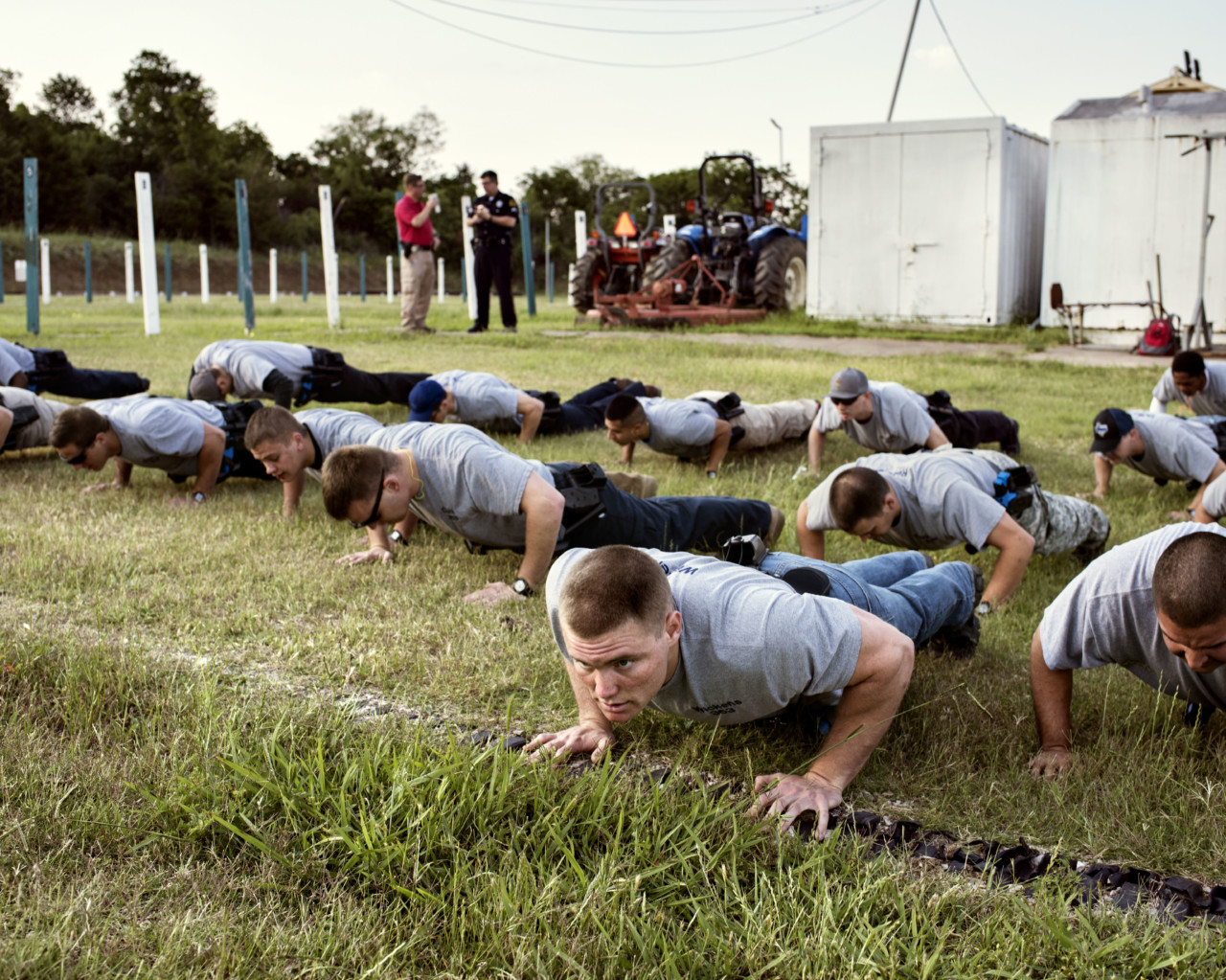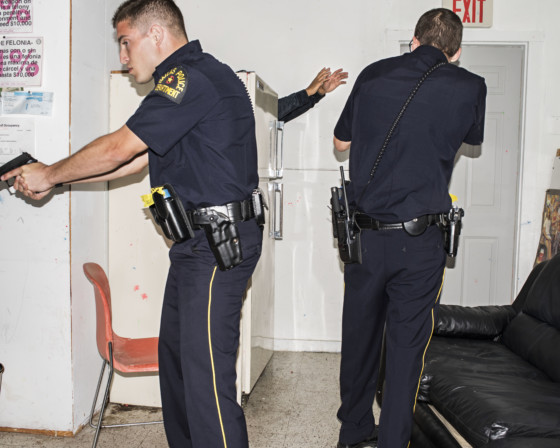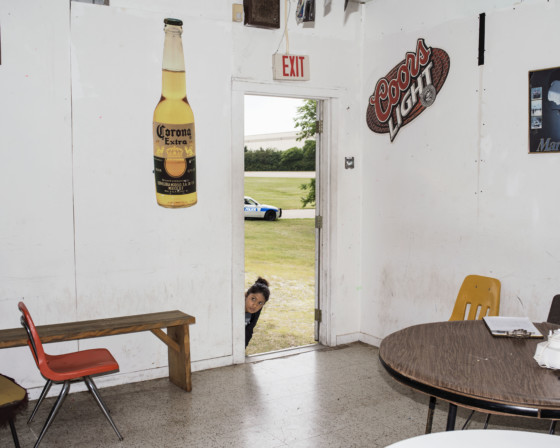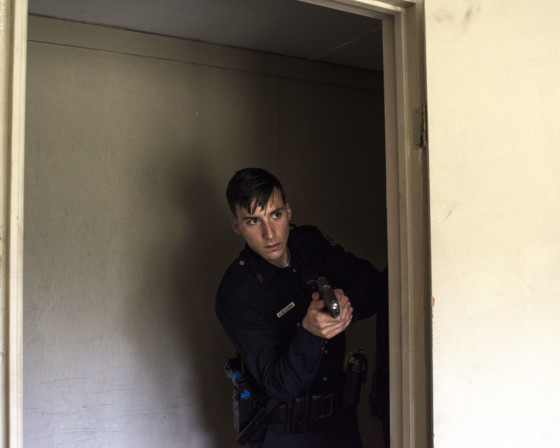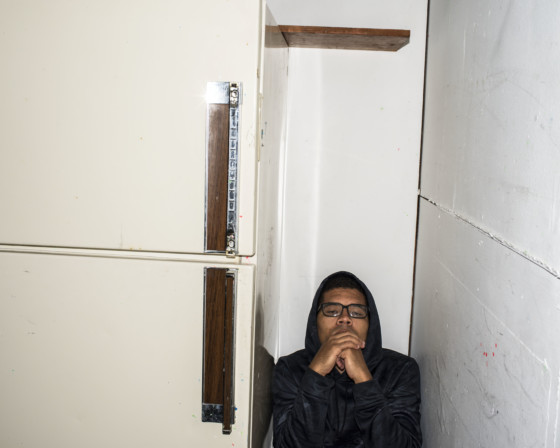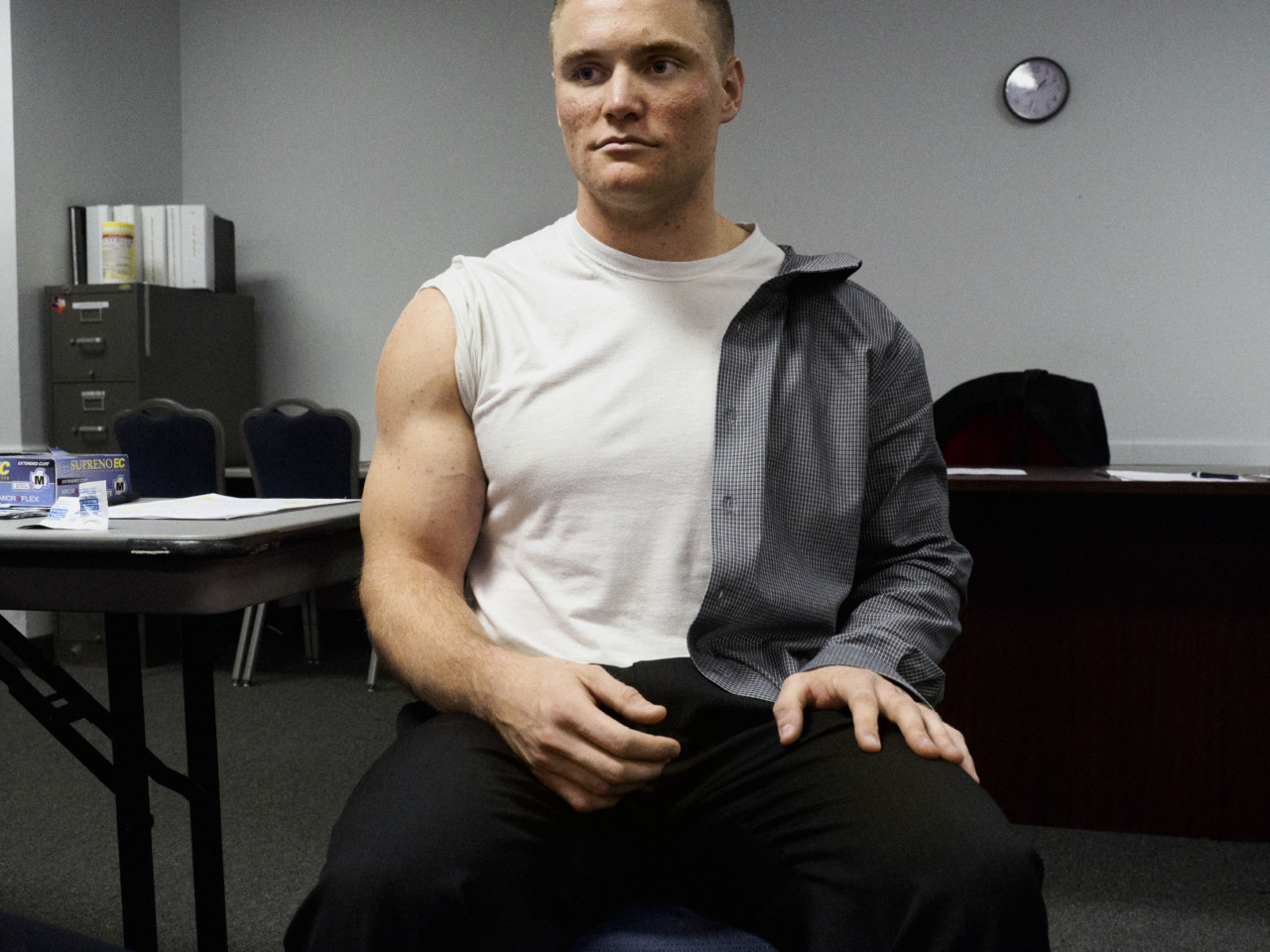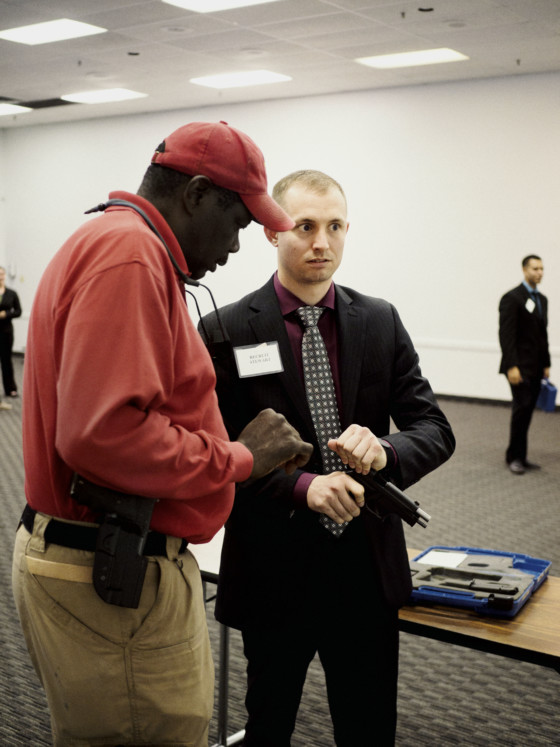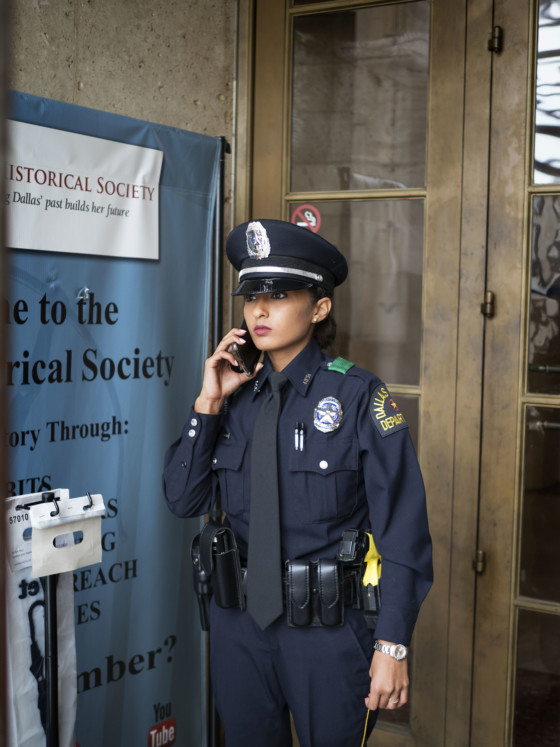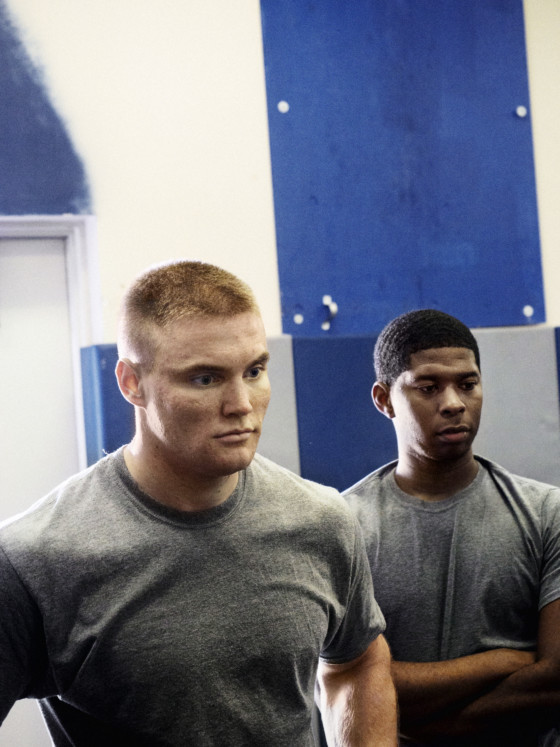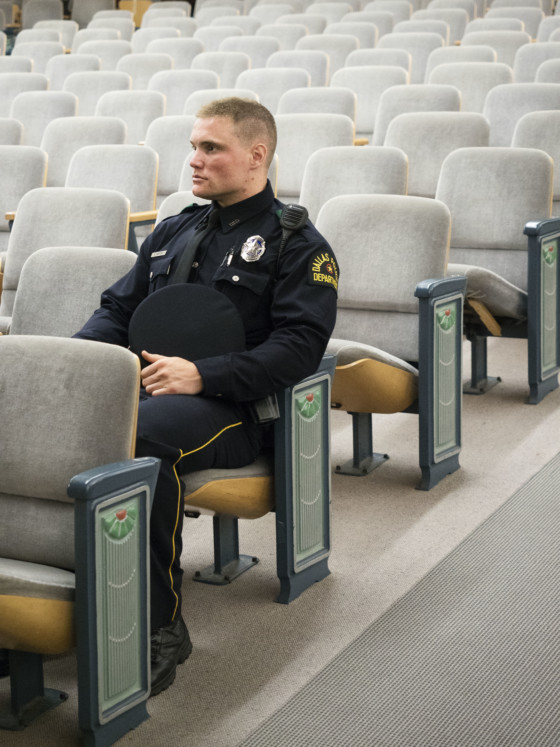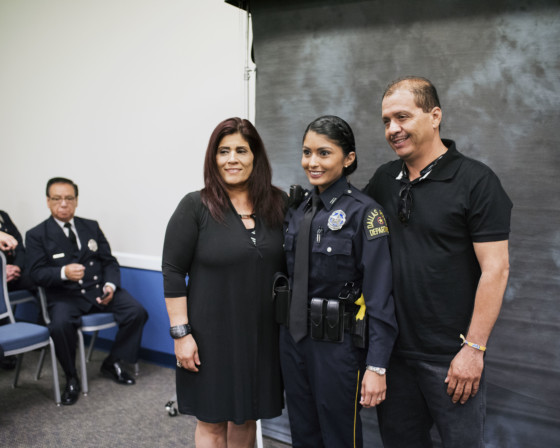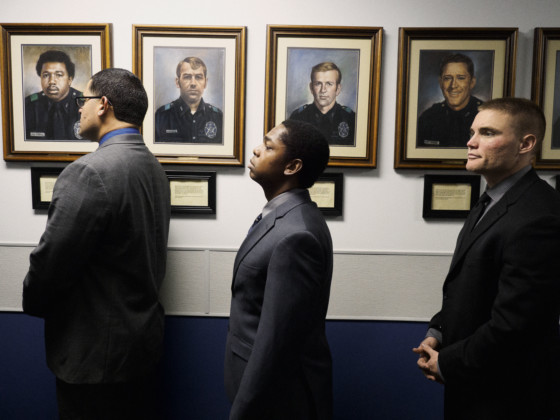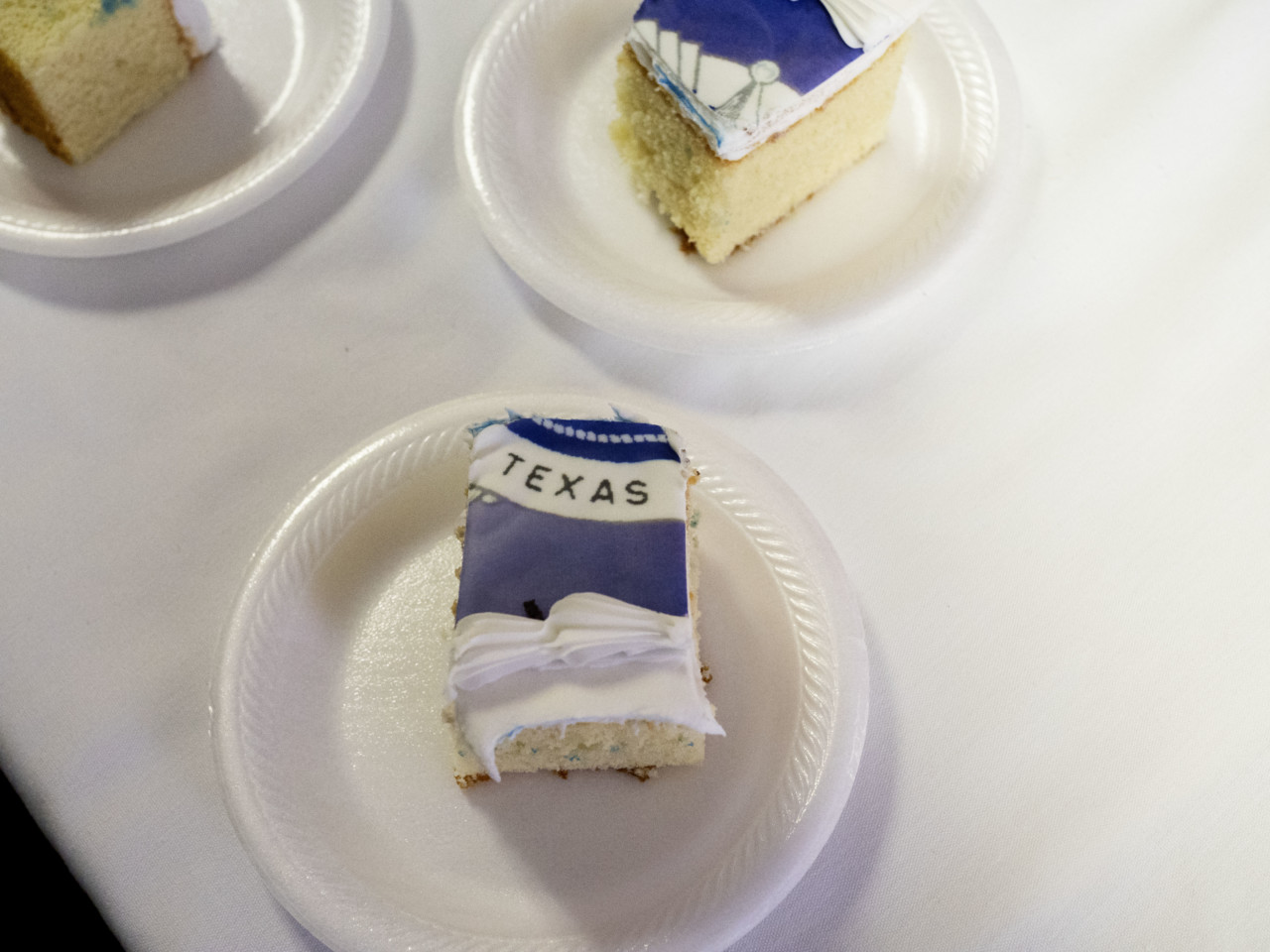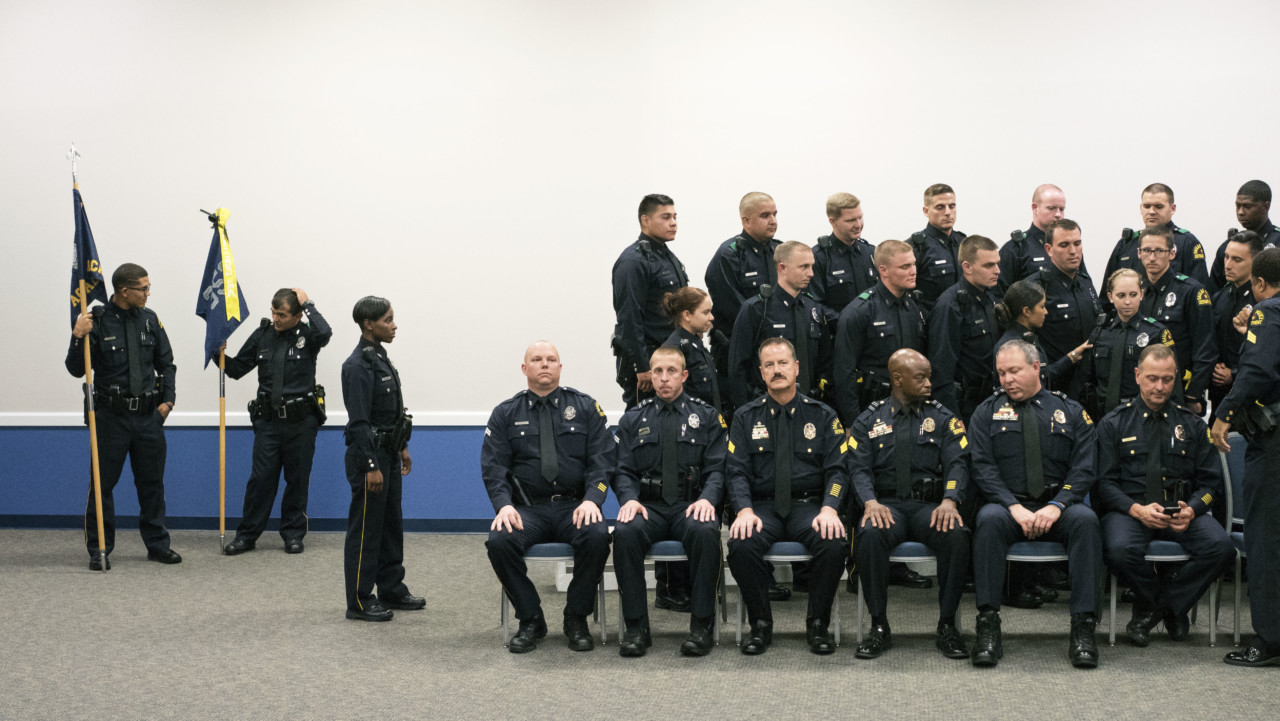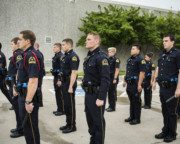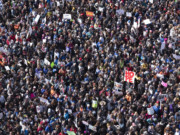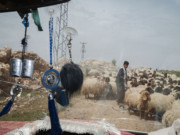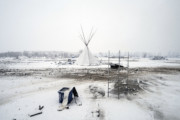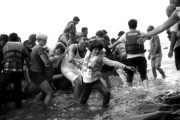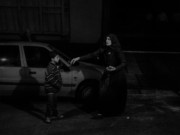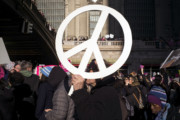Inside Dallas Police Training Academy
How do rookie officers prepare to police an America where tensions are running high?
With tensions increasing between the US police and communities in America, how are inclusively minded leaders within the force attempting to build bridges and de-escalate the potential for violence? Former Dallas chief of police David Brown has experienced the tragic consequences of police use-of-force himself. In 2010, just months after he became chief of police, his mentally ill son, having killed an officer and a civilian, was then shot and killed by a policeman. The dire incident became the motivating factor behind his reshaping of the force. All his officers were required take refresher courses on de-escalating conflict. Further attempts to build public trust were made by encouraging transparency. Now, the department regularly shares use-of-force data with the public.
The number of officer-involved shootings did drop from 23 in 2012 to 13 in 2016, but in July 2016, 25-year-old African-American army veteran Micah Xavier Johnson turned his semi-automatic rifle on the police at a Black Lives Matter protest in Dallas. Officers policing the protest that day were not carrying shields or wearing riot gear. Four police officers and one Dallas Area Rapid Transit officer were killed, and nine further officers and two civilians were wounded. After fleeing to a community college, Johnson became the first person in the United States to be killed by a bomb-carrying police robot.
At a press conference following the violence, Brown announced that the force was hiring: “Get off that protest line and put an application in, and we’ll put you in your neighborhood, and we will help you resolve some of the problems you’re protesting about,” he said.
French Magnum photographer Jérôme Sessini, who has previously worked with anti-narcotic police in Mexico City, spent time with Dallas’s new recruits, some of whom had answered Brown’s call-out. Sessini wanted to learn about the recruits’ motivations and how the recent violence and increased tensions, both in Texas and elsewhere in the States, might have influenced them. Here, Sessini talks about what he discovered, as a foreign visitor witnessing the training process, which is not only physical, but covers ethics and psychology.
What did you find out about the motivations for the new recruits joining the force?
There are different profiles; lot of the recruits are former soldiers, they are definitely attracted by action and by the idea of being useful to the nation. It’s also a way of life for recruits with that background: risk and adrenaline could be attractive to them. Others are just looking for stable work and insurance, and a place in society. Lots of the recruits are of Latin American origin, and some of those recruits view it as way of integrating into and contributing to American society.
"Physical training, shooting, close combat are important, of course, but the psychological aspect is even more imperative."
- Jérôme Sessini
How are police being taught to deal with becoming targets themselves?
Physical training, shooting, close combat are important, of course, but the psychological aspect is even more imperative. During training, recruits are taught that each patrol and each intervention on the field is potentially dangerous because of the high numbers of weapons circulating in the USA. For example, a young police woman could be confronted in the field with offenders who are twice her size, but she must keep control over them.
"The training is very hard and long, and the young men and women I witnessed were serious and totally dedicated to their duty"
- Jérôme Sessini
The police have a bad reputation in some parts of America. What sense did you get that current police recruits are sensitive to this?
They are totally aware of it. For recruits and instructors, the only way to address this is to be well trained and professional, in order to be irreproachable while on duty. But they also know that there will always be some bad cops, as well as civilians who want to fight police for any number of reasons.
In the current – tense – political climate what are these new recruits expecting their roles to be? For example, are they learning how to deal with protests?
Yes, they are trained to face protest situations.
What evidence did you see that the police are making efforts to behave in a more ethical way?
The training is very hard and long (9 months), and the young men and women I witnessed were serious and totally dedicated to their duty, willing to serve the citizens of America. Of course, nobody can say how they will react once they are confronted with the reality of dealing with difficult situations in the field.


